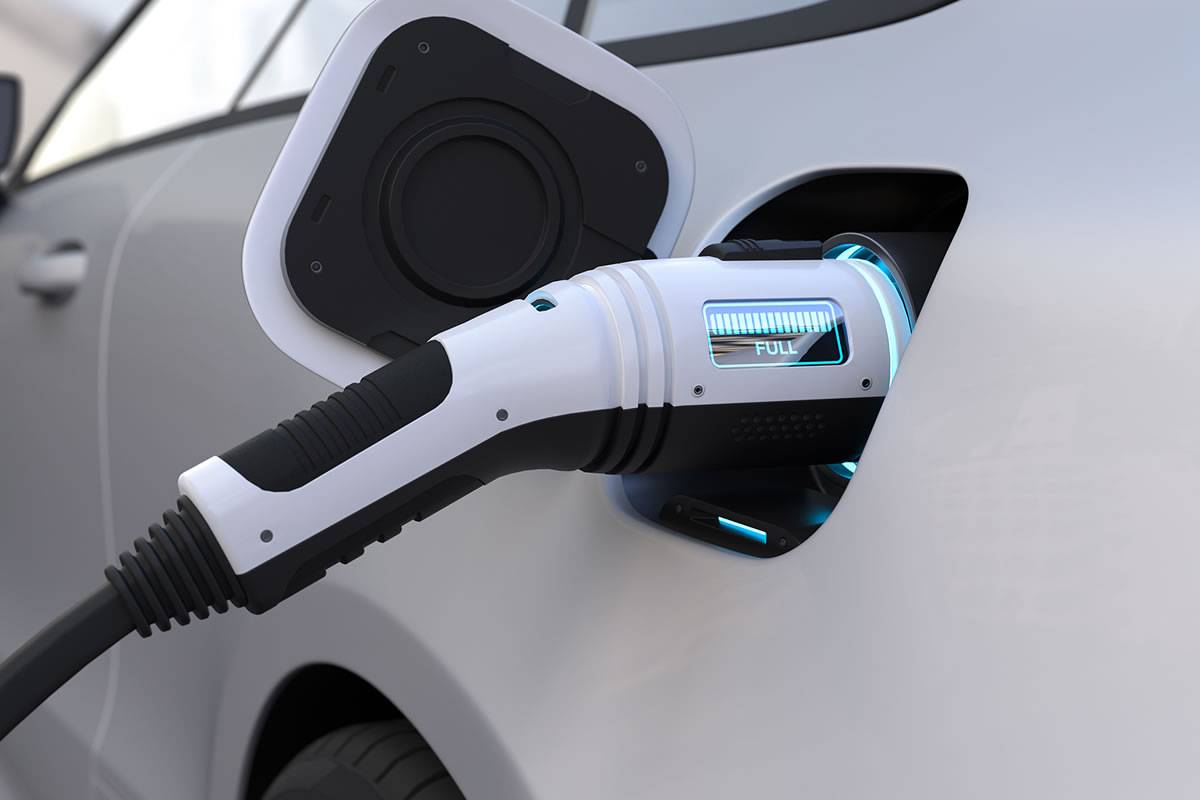Charging an electric car in the Canaries causes more emissions than a combustion car
- 18-08-2022
- Business
- Canarian Weekly
Charging an electric car in the Canary Islands entails higher CO2 emissions than those generated by a traditional combustion vehicle because the isolated electrical system of the archipelago and its energy mix uses even more polluting fuels.
It is one of the main conclusions that has emerged from a study carried out by researchers from the Department of Electronics, Engineering and Automotive of the University of Las Palmas de Gran Canaria, which has been published in the "Journal of Cleaner Production" under the title, "A comparative evaluation of CO2 emissions between internal combustion and electric vehicles in small isolated electrical power systems – A case study of the Canary Islands”.
The research looks at differences between the CO2 emissions related to electric and combustion vehicles in the electrical energy systems of islands with higher energy consumption, and only observes a small decrease in CO2 emissions in the islands with better or more large energy storage systems and high levels of renewable penetration.
After calculating the emissions per kilometre travelled by passenger cars, it they found that the emissions of electric cars vary between islands, and are up to double the emissions that this type of vehicle makes on the mainland.
"The process of charging the batteries of electric cars in the Canary Islands is carried out through a mix of electricity generation with a significant contribution of fossil fuels and shocking emissions," explain the authors of the study.
On the island with the greatest penetration of renewable and energy storage systems, El Hierro, it is clear that less CO2 is emitted with electricity than with combustion, and that the life cycles of energy storage plays an important role and condition any reduction in future emissions.
Specifically, in El Hierro, where renewable energy accounts for 51.6% of the mix, the CO2 emissions caused by electric vehicles are 12.6% lower than those generated by traditional vehicles.
Thus, the researchers recommend that, in order to achieve the goal that electric cars contribute to reducing carbon emissions, it is necessary to increase "significantly" the penetration of renewables in the energy mix.
They also propose that the need for electrical energy storage options must be adequately sized to obtain a true decrease in CO2 emissions during the generation of electrical energy in island systems.
The study also calls for the replacement of conventional generators with newer, more efficient, and less polluting ones, and for replacing petrol, oil, and diesel during the generation of electricity with other less polluting fuels such as natural gas.
The incorporation of electric vehicles as active elements to achieve this, the researchers conclude, can also be accentuated if the appropriate charging hours are selected.



























































